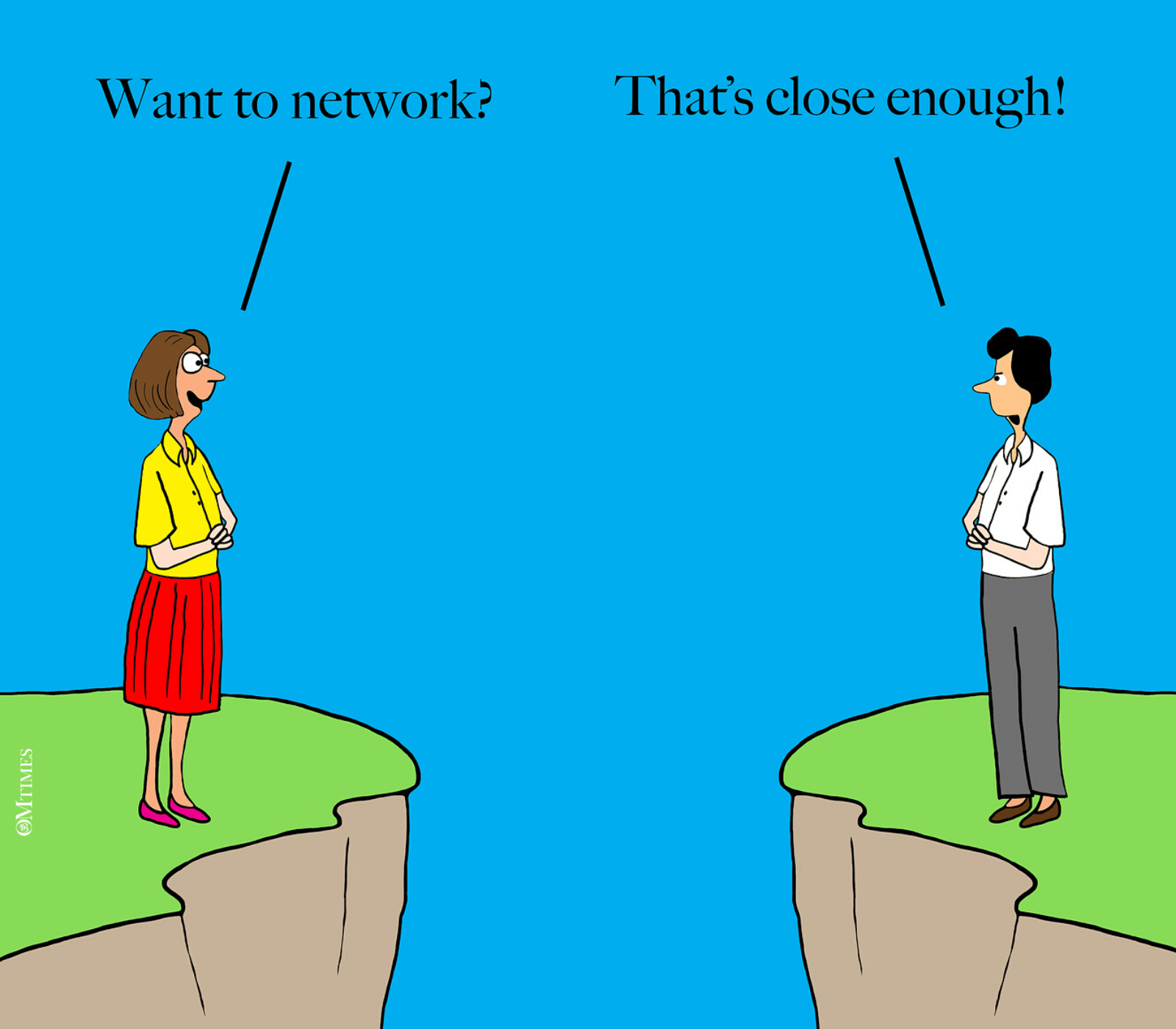Physical Intimacy and Love in the New Pandemic Reality

Will physical intimacy be replaced by the rise of the digisexual identity as the pandemic continues?
Sex and Love and the new Coronavirus Pandemic Reality
By Dr. Kelly Neff
During these uncertain times, sex and physical intimacy can offer a pleasurable escape from the monotony, a way to clear out our minds, relax our bodies, and release pleasure chemicals like oxytocin and dopamine. However, with tens of millions of people in the U.S. currently facing mandatory “shelter-in-place” initiatives (and with millions more to follow in the coming weeks), unless you are already quarantined with your sexual partner(s), and you know you are not infected with COVID-19, sexual intimacy with another person might not be an option for the foreseeable future. (To learn about safe sex practices during the COVID-19 outbreak, please read NYC Health’s bulletin)
Of course, sexual pleasure isn’t canceled just because we are socially isolating. Rather, we will witness an increasing shift in our attitudes: Some of us will move away from sex as a shared experience between two humans, transitioning to a virtual experience between partners online (via zoom, video chat, camming or sexts) or a to the solo experience of self-stimulation with pornography, erotica, toys, and dolls. For many of us, this might feel like business as usual. After all, orgasms still benefit our mental and physical health, even when another flesh and blood human is not involved. We are all looking for a way to self-soothe and calm our anxieties and have suddenly found ourselves at home with nothing but free time. The coming weeks may set the stage for the rise of the digisexual identity, one where technology becomes the focal point for many people’s sexual arousal and expression.
An adaptation to this troubling new reality where we will become conditioned, if not mandated, to avoid human physical contact, does this pandemic (and future pandemics) mark an irrevocable turning point in the evolution of our sexual desires? Futurists have long predicted that we will be having sex, falling in love with, and even getting married to A.I. sex robots shortly. If the growing fear of killer viruses and germs makes us feel increasingly repulsed by human physical contact, the demand for robotic sex partners, once highly taboo, may be thrust into the mainstream.
Social psychologists know that loneliness is a silent killer and is linked to numerous negative physical and mental health outcomes. From a sex-positive perspective, any tools that can help alleviate loneliness, encourage safe sex, reduce unwanted pregnancies and curb the spread of pandemics deserve consideration and support, especially in these difficult times.
Read Also The Future of Love and Intimacy, with Dr. Kelly Neff
But it remains unclear how human-human love will adapt to compete with the delights of a fully automated digisexual world programmed to meet our every sexual desire with minimum commitment. Even before pandemic began, I conjectured in my book Sex-Positive about whether the physical presence of another human would be required for love and sex to unfold in the future. It seems that many of us, in our own ways, are about to find out.
And while we may assume that those of us who are socially isolating with a sexual partner will be spending the majority of that time in bed together, this may not necessarily be the case. Between children being at home 24/7, stress over jobs and finances, and anxiety over human contact, many of us may be experiencing low sex drives and/or an unwillingness to share physical intimacy at this time. For others, the uncertainty we feel may heighten our sexual sensation seeking, driving us towards intimacy and physical bonding.
We have no idea how long social distancing might last, or what will happen once we defeat this pandemic. Once the regulations are lifted, will we be exploding out of our homes (and our pants) to engage in raucous orgies to release our pent-up sexual energies or to hook up with new flames we have been courting on Tinder? Or will we remain cautious, conditioned to avoid one another and less interested in human contact after getting off in the virtual world for so long? The 21/90 rule states that it takes 21 days to create a habit and an additional 90 days to make it a permanent lifestyle change. The next few weeks (or months?) we spend isolating could serve as an unprecedented social experiment to determine if this rule applies to our desires for human sexual contact as well.
Physical Intimacy, Sex, and love will always be important to us. But in the wake of this pandemic, the ways that we experience human interaction and our own sexualities may never be quite the same again. Above all, please remain safe at home and take the time to check in on your loved ones. Even without physical contact, we can still provide love, support, and kindness to one another via the phone, social media and video chat. Looking into each other’s eyes onscreen can still put a big smile on your face!
Click HERE to Connect with your Daily Horoscope on OMTimes!
About the Author
Sex Positive – Redefining Our Attitudes to Love and Sex is published by Watkins.
For more information about Dr. Kelly Neff’s book and work, visit www.sexpositivebook.com and check out her radio show on www.thelucidplanet.com.
OMTimes Magazine is one of the leading on-line content providers of positivity, wellness and personal empowerment. OMTimes Magazine - Co-Creating a More Conscious Reality







